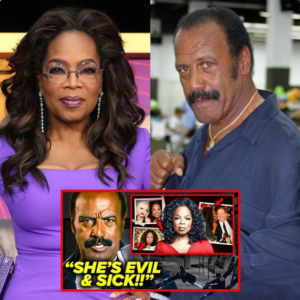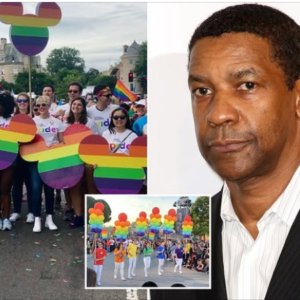In a recent interview with Variety, actress Rachel Zegler shared that Disney’s upcoming live-action adaptation of Snow White will feature a significant change to the character’s origin. According to Zegler, the new film will reinterpret the iconic princess’s backstory in a way that diverges from the classic tale that fans have known for generations.
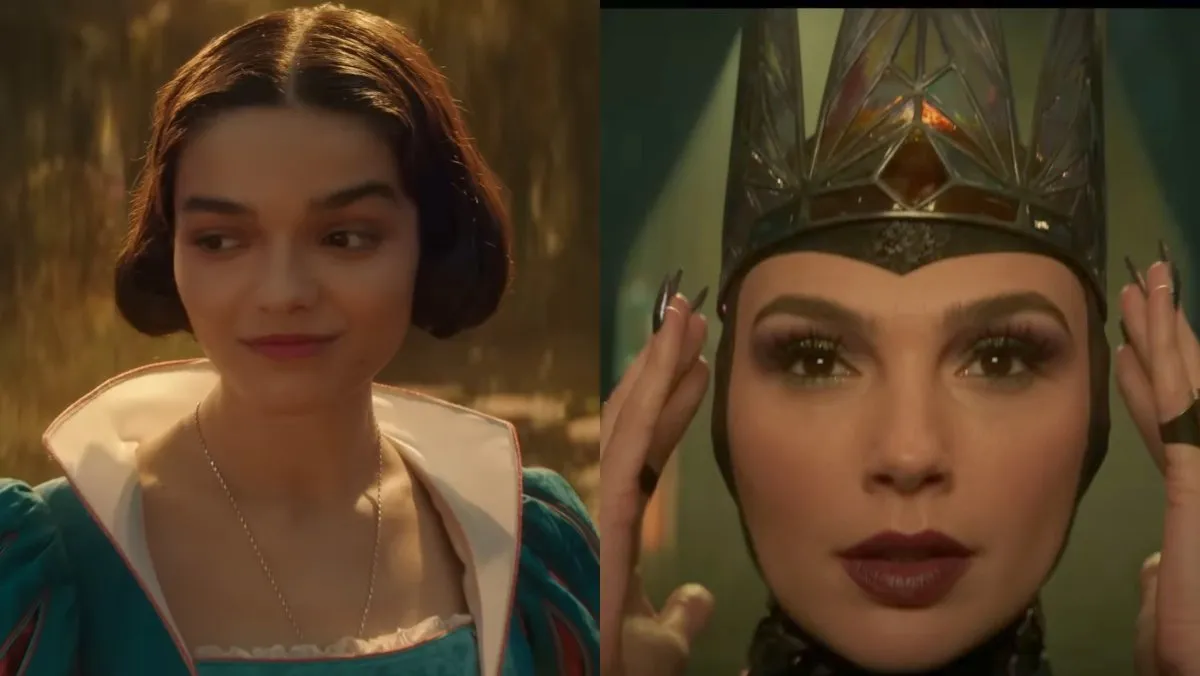
“The live-action version will tell a different story about how Snow White got her name,” Zegler revealed. “In this version, it’s about her surviving a snowstorm. Her parents, admiring her resilience, decided to name her Snow White.”
This departure from the original fairy tale has sparked a heated debate among Disney fans, many of whom are upset about the changes. The story of Snow White has been a beloved classic for decades, and any alteration to its core elements is bound to stir emotions.
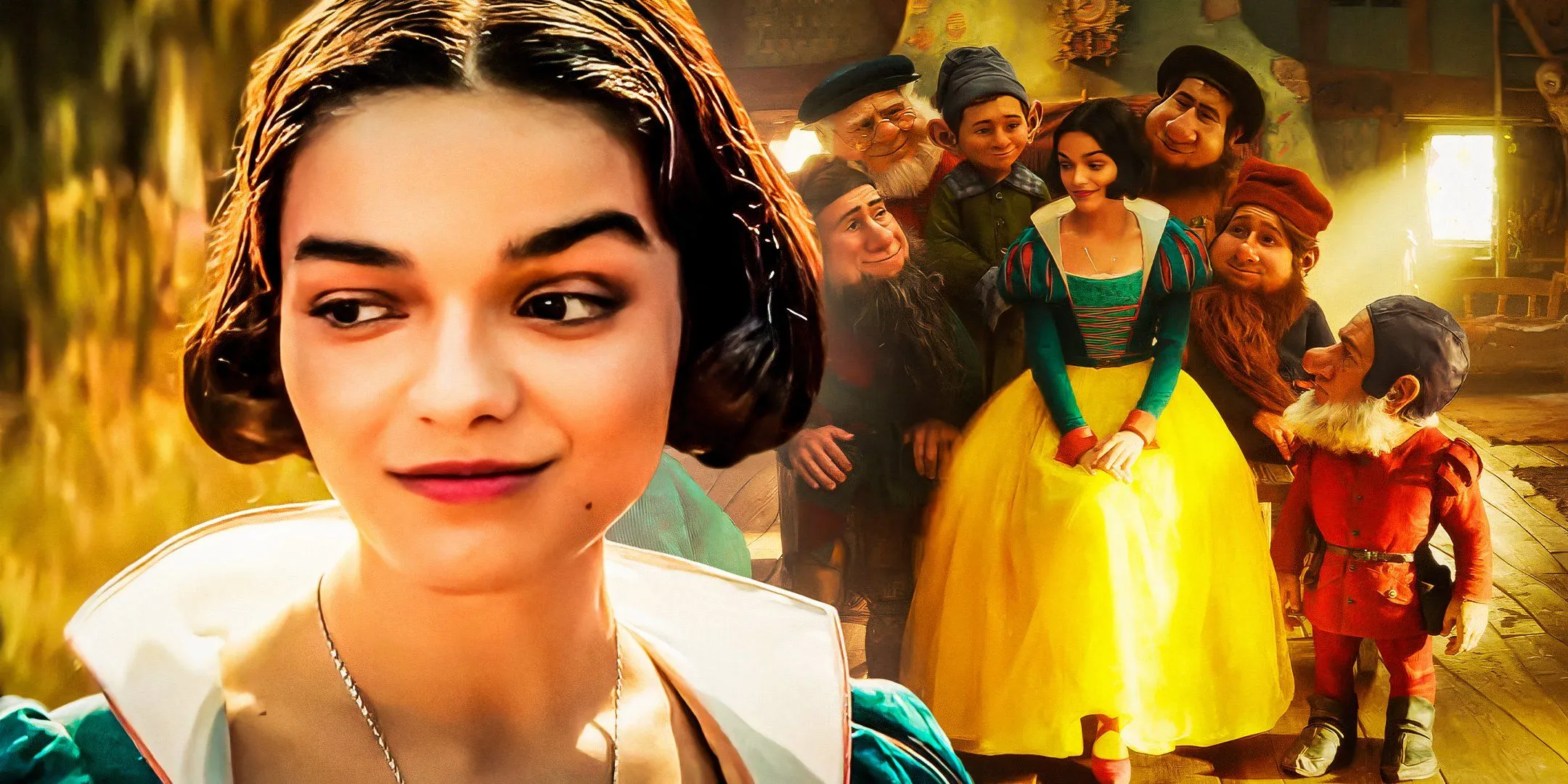
Fans have taken to social media to voice their frustration, accusing Disney of straying too far from the source material. For many, the new interpretation seems to undermine the traditional fairy tale that is so deeply ingrained in Disney’s legacy. Critics argue that such changes alter the essence of the character and her significance in popular culture.
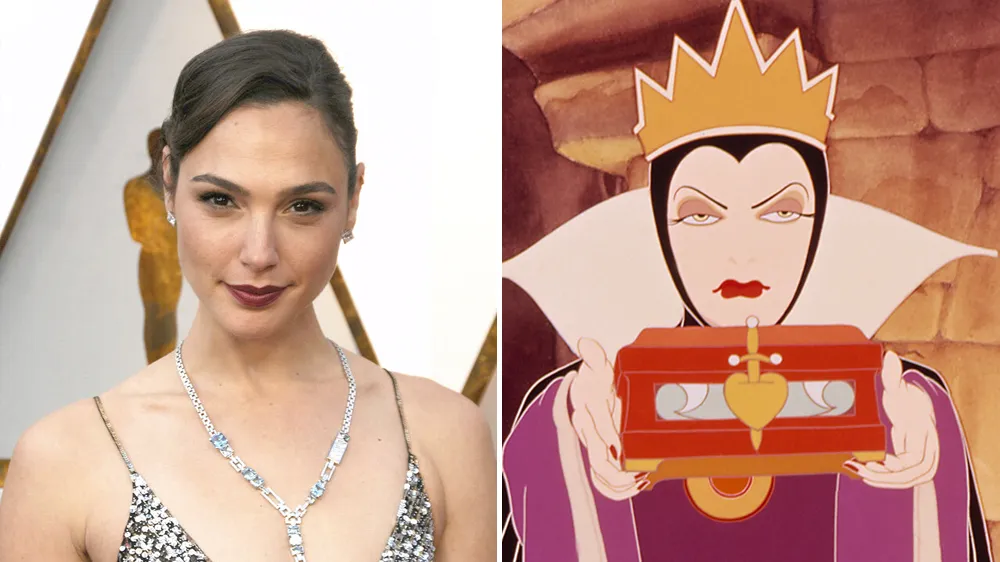
This is not the first time Disney has faced backlash for changes in its live-action adaptations. The controversy surrounding The Little Mermaid earlier this year is still fresh in the minds of many. In that film, Ariel, originally portrayed as a white, red-haired mermaid in the animated classic, was reimagined as a Black character with red hair. While some applauded Disney for its inclusive casting choices, others criticized the company for what they viewed as forced “woke” representation aimed at appeasing certain demographics for profit.
Many fans believe Disney is prioritizing profit over authenticity, adding diverse elements in a way that feels more like a business strategy than a genuine effort at inclusion. “It feels like they’re just trying to make money by being ‘woke,’ but they don’t really care about the actors who are being attacked or ridiculed,” one fan commented online, reflecting a sentiment that is gaining momentum among critics. Others have expressed concerns that Disney’s changes are driven by a desire to appear progressive without fully considering the cultural and emotional weight of the characters being altered.
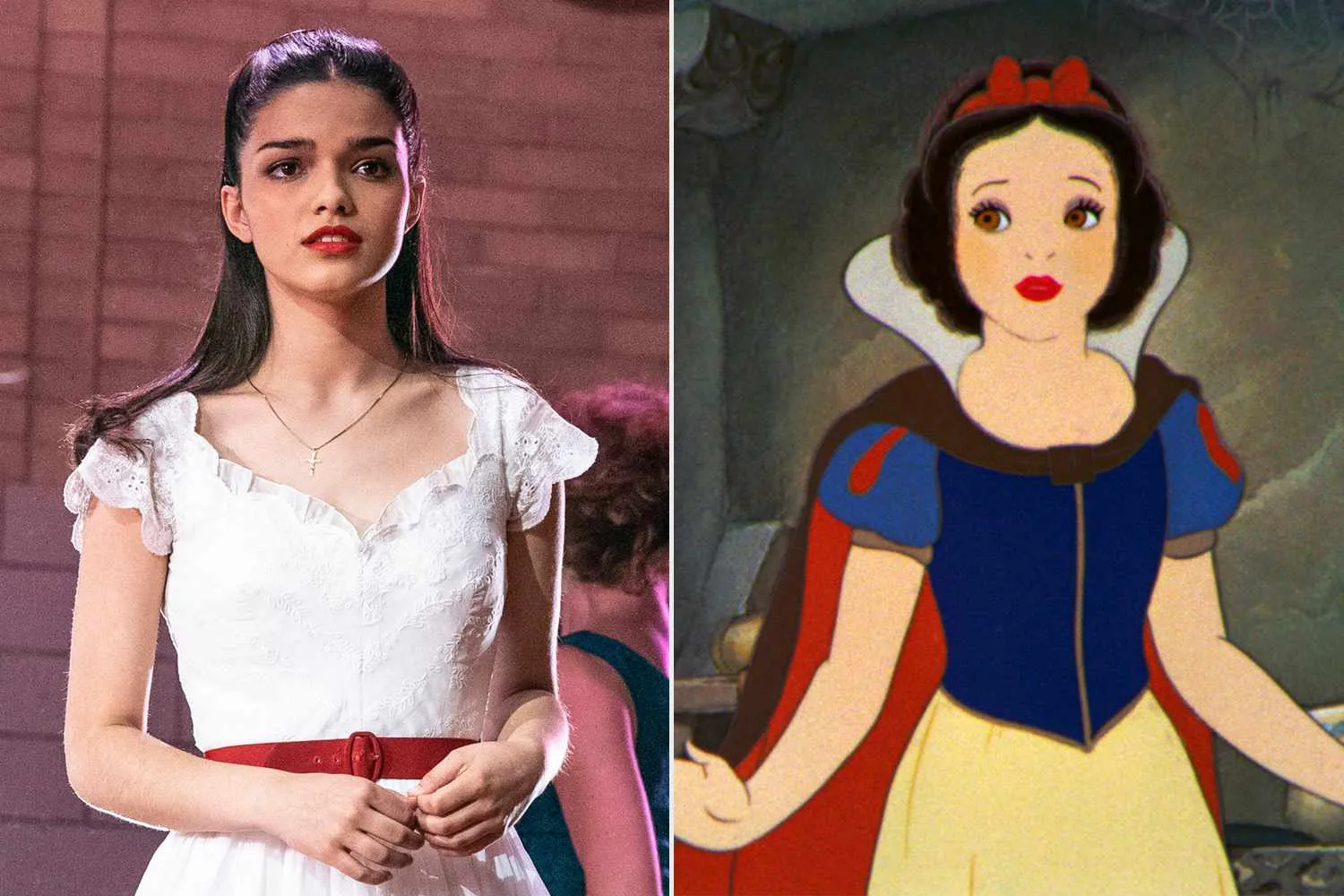
The term “woke,” originally a positive term referring to social awareness and justice, has increasingly been used as a criticism when companies appear to make superficial or performative efforts in representation, particularly for the sake of profit. Critics argue that Disney’s recent choices fit into this pattern, where they believe diversity is used as a marketing tool rather than a sincere commitment to social progress.
As Disney continues to push forward with its live-action remakes, the tension between staying true to the original stories and introducing modern elements seems to be growing. Some argue that the company is losing touch with what made these classics so timeless in the first place—simple, universal stories that transcended politics and social movements. Others feel that updating these tales is essential in a world that is constantly evolving and becoming more diverse.
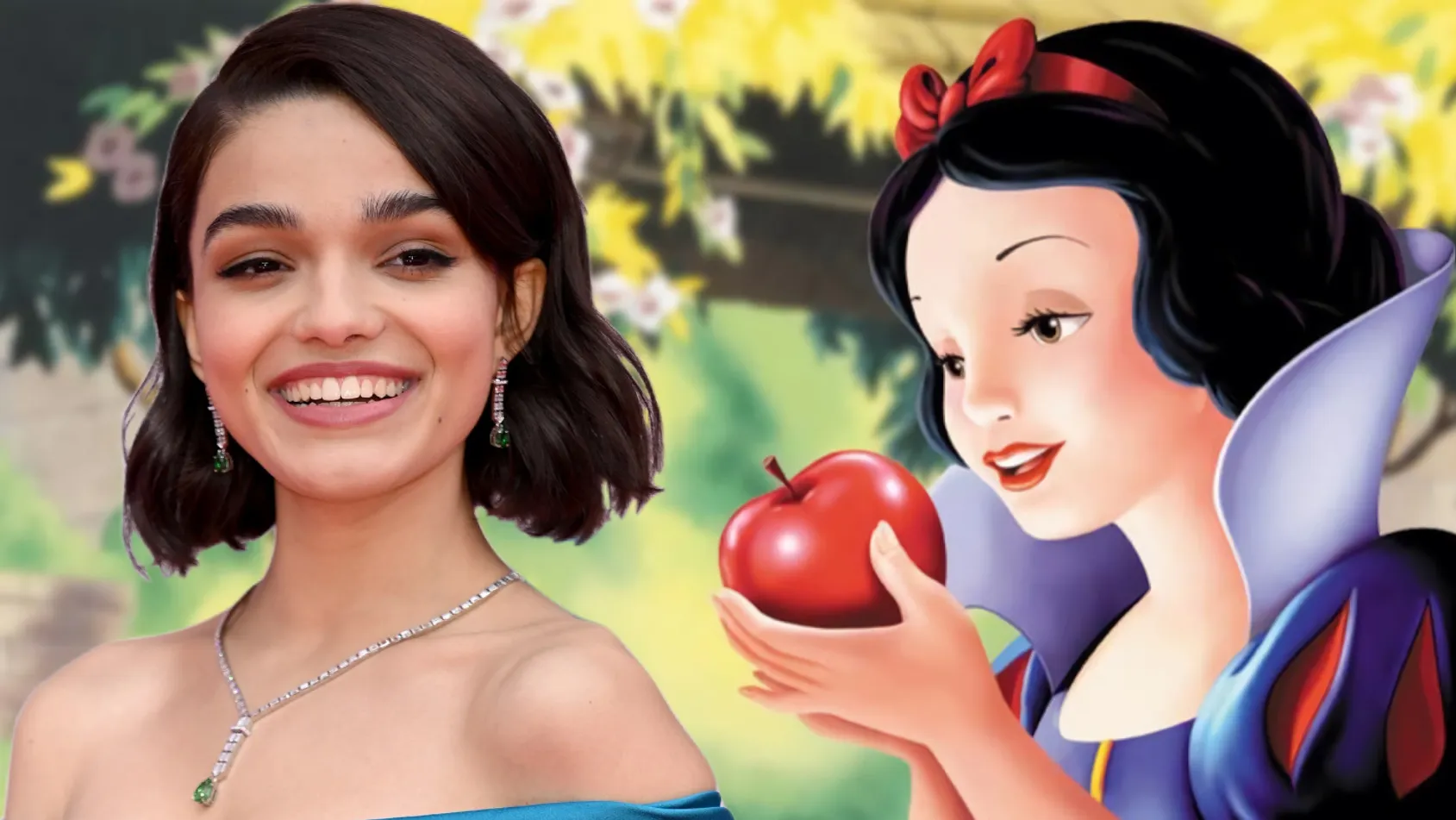
As the release date for Snow White approaches, all eyes will be on Disney to see how the new interpretation is received. Will the live-action film be able to win over its critics, or will it serve as another example of how the company’s pursuit of inclusivity is perceived as missing the mark?
